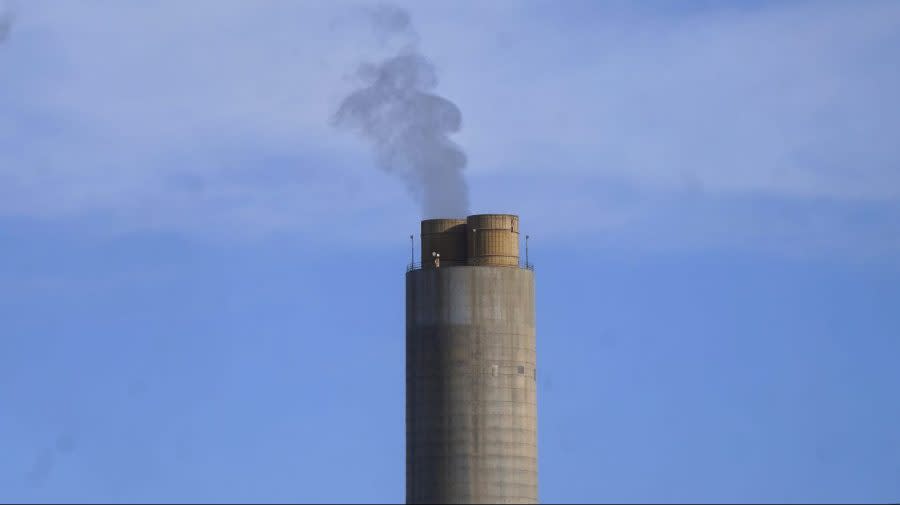Factories receive billions in tax subsidies despite breaking pollution laws: Report

State and local governments give billions in tax subsidies to plastics processing facilities with a history of air pollution violations that disproportionately affect people of color, according to a report from the Environmental Integrity Project.
The environmental nonprofit analyzed 50 plants constructed or expanded in the last 12 years. The vast majority were in Texas and Louisiana, while five were in Mississippi, Iowa, Alabama, Kentucky and Pennsylvania. Of the nearly 600,000 people who live within 3 miles of the facilities analyzed, 2 in 3 are people of color. Thirty-two of the 50 facilities collectively received nearly $9 billion in state and local subsidies, according to the analysis.
The report also determined that 42 of the 50 plants have violated air pollution control permits on at least one occasion in the past three years, according to data from the Environmental Protection Agency’s Enforcement and Compliance History Online database.
For example, in 2015, Thailand-based company Indorama received a $1.5 million grant from the state of Louisiana and was exempted from local taxes for a facility in the town of Westlake. As a condition of these subsidies, it agreed “to meet or exceed all environmental regulations.” However, in the first half of 2019, it emitted more than 90 times the Clean Air Act’s level of allowable volatile organic compounds. The 50 plants emitted about 63 million tons of greenhouse gases in 2021, according to the analysis.
“Companies like Indorama receive public subsidies and make promises to be ‘committed to protecting public safety, health, and the environment.’ But once those subsidies and construction permits are in hand, the companies fail to keep their promises by repeatedly releasing illegal pollution during malfunctions, breakdowns, and industrial ‘upset’ incidents,” the report states.
In many cases, these same facilities set up in areas where the nominal watchdogs for their environmental impacts have limited resources. Both the Texas Commission on Environmental Quality and the Louisiana Department of Environmental Quality combined have a budget that comprises less than the tax subsidies analyzed in the report.
Communities on and near the Gulf Coast are particularly vulnerable to the air pollutants associated with the petrochemical industry. An area colloquially known as “Cancer Alley” in Louisiana accounts for 85 percent of petrochemical production in the U.S. and is also associated with disproportionately high rates of cancer.
For the latest news, weather, sports, and streaming video, head to The Hill.


